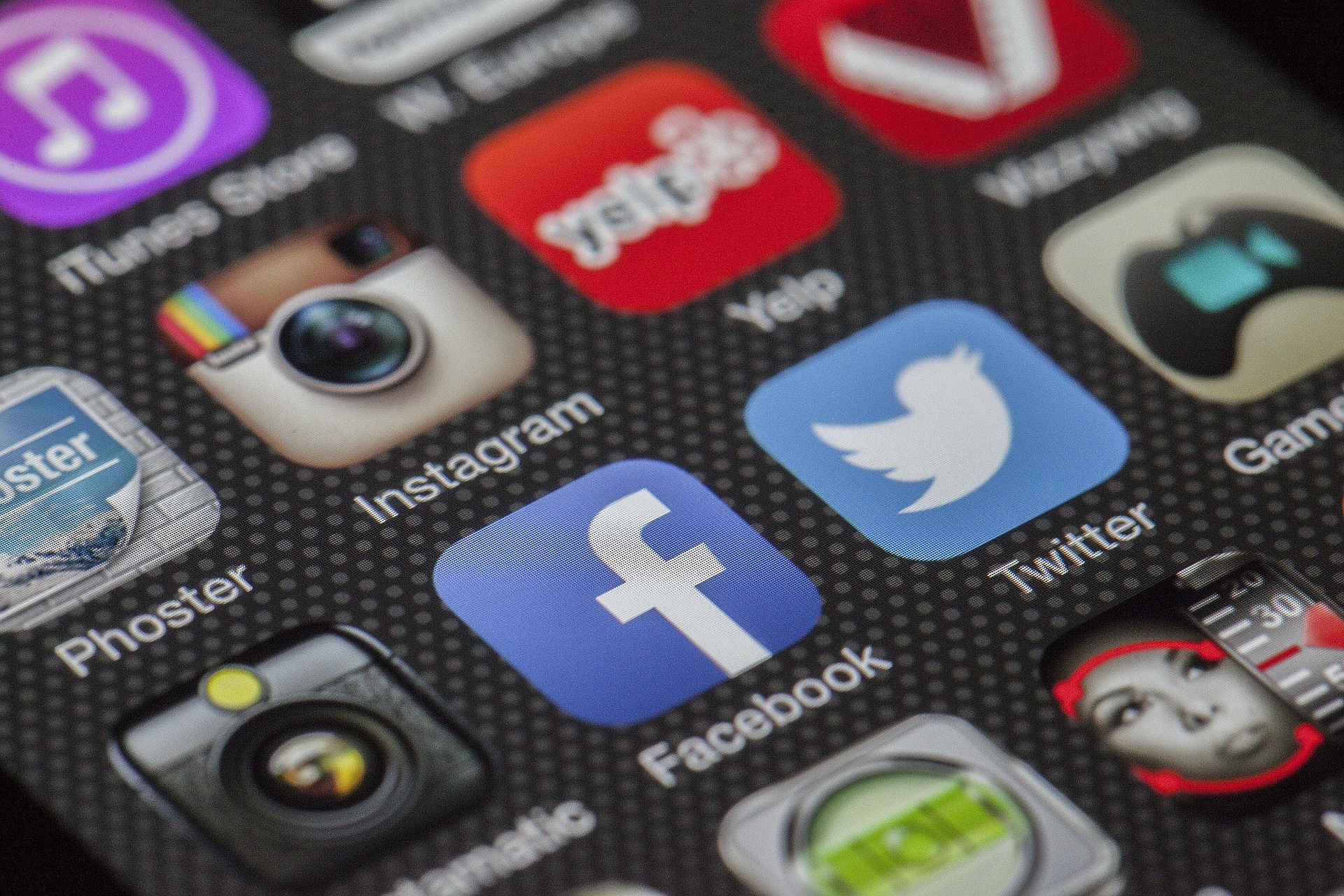Social networking has become a popular – and successful – way for companies to market their brand. But could your employees and representatives be bringing you negative attention?
Former Pittsburgh Steelers Super Bowl MVP wide receiver Santonio Holmes told one of his Twitter followers, a self-described Steelers fan, that he “shud try finding the worst thing that you could drink n kill urself” in a late March 2010 tweet. Although the tweet has since been deleted from his Twitter page, the tweet allegedly remained up and publicly viewable as of March 31, 2010. The controversial tweet stemmed from a discussion over twitter in which his alleged fan, @DMKayser, who has since deleted their account, expressed disappointment in Holmes’ alleged assault of a woman at a Florida nightclub on March 7. Holmes later implied that his Twitter account had been hacked when the offensive tweet was sent.
While Twitter accounts can be for personal use, where does your accountability as a representative of your brand come into play? As a representative of both the Pittsburgh Steelers and the entire NFL, Holmes has not only welcomed negative attention on himself, but onto his brand as well. Are we as individuals fully aware of the direct relationship between our individual actions and their effects on the company or organization we are affiliated with? With the ability to actively voice our thoughts, beliefs and opinions on social media networking, has our society taken the time to consider the impact this has on our professional relationships?
Perhaps we all need to realize the permanence of the written word, and the lasting effects even a simple sentence can have when published on a public forum. In this age of technology, our voice can be very productive – or detrimental. Now, more than ever, it’s important to remember to edit, process, and review our written thoughts…before we hit the send key.
*Information updated in July 2020.



